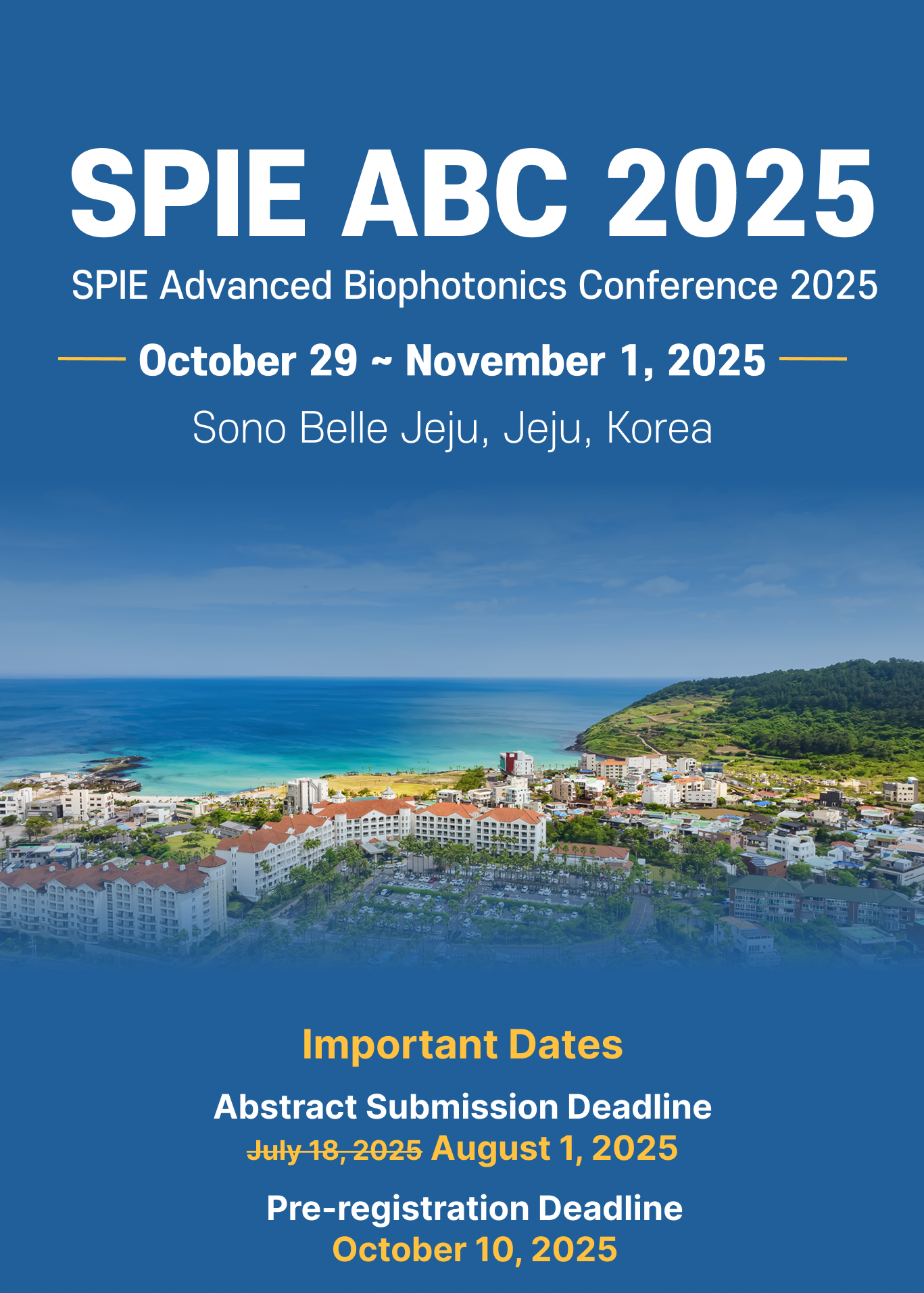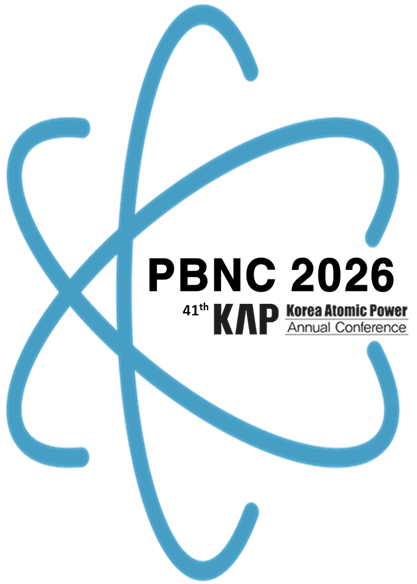63rd ROME International Congress on “Science, Engineering, Social Sciences & Education” (SESSE-25) Oct. 1-3, 2025 Rome (Italy)
SESSE-25
- URL: https://etrg.org/conference/427
- Event Date: 2025-10-01 ~ 2025-10-03
- Submission Date: 2025-09-19
- Organizer: ETRG
- Location: Rome, Italy
Educational Technology Engineering & Computer Science (General) Food Science & Technology Materials Engineering Mechanical Engineering Power Engineering Structural Engineering Science & Engineering Education Social Sciences (General) Social Work
Call for papers/Topics
The conference topics of interest include the following:
Science:
- Life Sciences: Agriculture, alternative health.
- Mathematics: Pure and applied mathematics, statistical modeling.
- Environmental Science: Sustainability, climate change, ecology.
- Physics: Theoretical and experimental physics, materials science.
- Chemistry: Organic, inorganic, physical, and analytical chemistry.
Engineering:
- Civil Engineering: Geotechnics, structural engineering, transportation.
- Mechanical Engineering: Design, manufacturing, robotics, thermal sciences.
- Electrical and Electronic Engineering: Power systems, control systems, microelectronics, communication systems.
- Computer Science and Engineering: Artificial intelligence, machine learning, cybersecurity, software engineering, digital landscapes.
- Chemical Engineering: Process design, reaction engineering, materials.
- Emerging Technologies: Nanotechnology, biotechnology, advanced materials.
- Industry Innovation and Infrastructure: Sustainable development's influence on industry and infrastructure.
Social Sciences:
- Psychology: General psychology, social psychology, psychology of technology adaptation.
- Sociology: Social change, globalization impacts, online society/community.
- Economics: Economic growth, economic resilience, public economy, resource economics.
- Political Science: Political theory, international relations, public policy.
- Anthropology: Cultural anthropology, social anthropology, archaeology.
- Education: Educational theory, policy, curriculum development, e-learning technology, lifelong learning, special education.
- Communication and Media Studies: Journalism, advertising, film, digital communication.
- Linguistics: Applied linguistics, language education, multilingualism.
- History and Geography: Human geography, regional studies, heritage.
- Social Work: Social policy, family research, child research, caring for the elderly.
- Peace and Conflict Resolution: Conflict management, peace studies.
Education:
- Quality Education: Accessibility, equity, and lifelong learning opportunities.
- Innovative Teaching Methods: Online and blended learning, active learning, gamification.
- Educational Technology: Learning management systems, EdTech tools, AI in education.
- Teacher Education and Professional Development: Training, curriculum design, assessment.
- Special Education and Inclusion: Accessible learning, inclusive practices.
- Higher Education: Policy, management, innovation in teaching and research.
- Vocational and Technical Education: Skills development, industry collaboration.
- Educational Leadership and Management: Policy, governance, institutional effectiveness.
- Impact of Technology on Education: Online learning, digital inequality, cybersecurity in education.
Interdisciplinary Topics:
- Technology Adaptation and Economic Resilience: Intersection of technology and economic growth.
- Sustainability and Inclusivity: Their relationship with digital landscapes and economic resilience.
- Psychology of Technology Adaptation and Economic Resilience: Promoting equal work and economic growth.
- Culture and Behavioral Shifts for a Sustainable Future.
- Industry Focused Social Entrepreneurship for Sustainable Development.
- Research Methodology and Publications: Enhancing research quality and publication success across disciplines.
- AI and its applications across Science, Engineering, Social Sciences, and Education.
- The role of Social Sciences and Humanities in Engineering for Sustainable Development.















